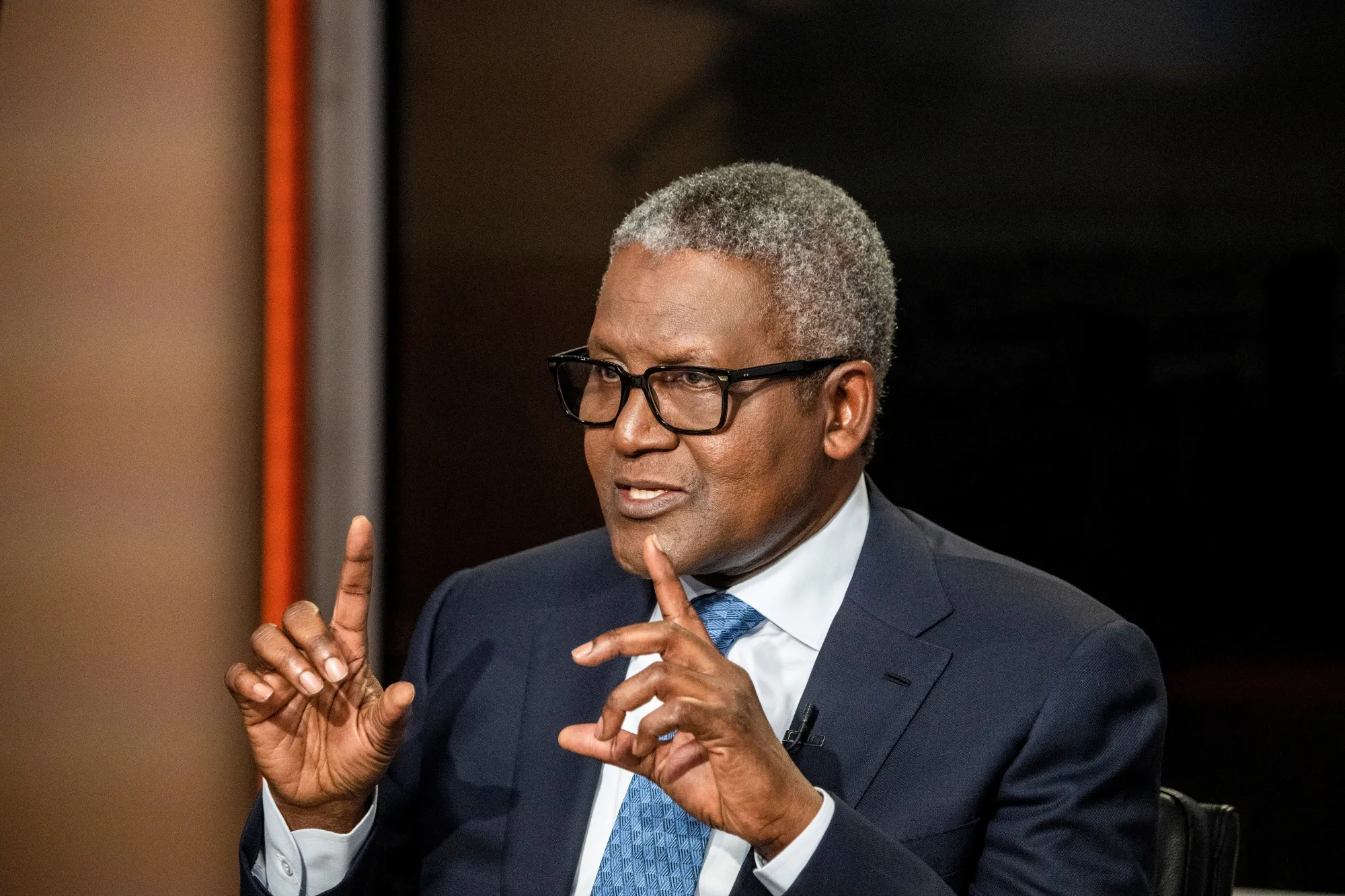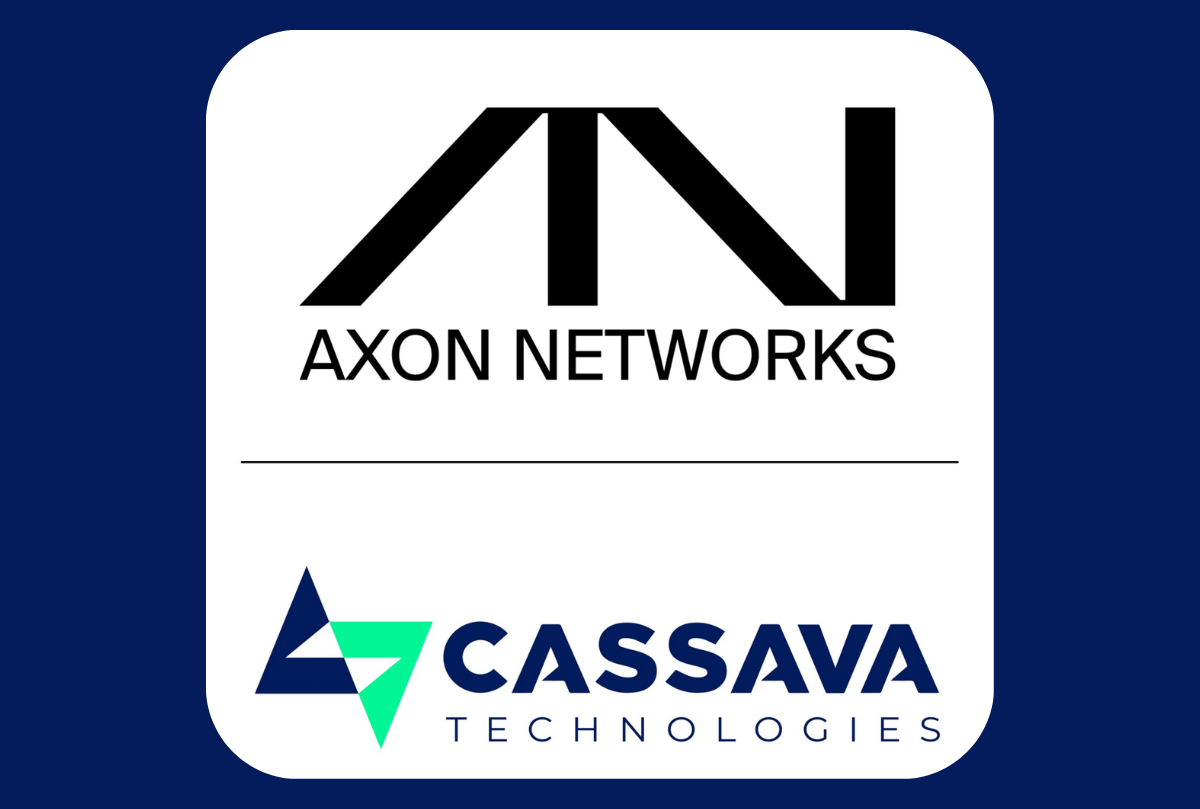From the trading floors of Lagos to the global stage of Davos, Aliko Dangote’s influence stretches far beyond Nigeria’s borders.
Worth close to $20 billion, Africa’s richest man stands as both a symbol and a strategist of the continent’s industrial rise.
Through the Dangote Group, a conglomerate spanning cement, sugar, salt, and now oil refining, he has anchored himself so tightly into the Nigerian Exchange (NGX) that the market often moves to his rhythm.
From humble commodity trading roots to commanding nearly half the bourse’s value at its peak, Dangote didn’t just list companies but built a stock market around his empire.
From Kano Trader to Market Maker
Born in 1957 in Kano, Dangote began in 1977 with a $3,000 loan from his uncle to trade rice and sugar. By the 1990s, his group had transformed into a manufacturing powerhouse, thriving under Nigeria’s protectionist policies.
The turning point came in the mid-2000s. As banking reforms revived the capital markets, Dangote seized the NGX not just as a funding tool but as a growth engine.
His first listing, NASCON Allied Industries Plc (2008), set the stage. But the 2010 listing of Dangote Cement, valued at $13.8 billion, was the game-changer.
That IPO, Africa’s largest at the time, injected liquidity into a post-crisis market and quickly became the NGX’s anchor stock.
Dangote Cement (DANGCEM) rocketed more than 1,000% in subsequent years, minting millionaires and cementing Dangote’s role as market kingmaker.
Cementing Dominance: A Portfolio of Powerhouses
Dangote methodically expanded his listed empire, adding Dangote Sugar Refinery Plc (2011) and NASCON (2008), covering everyday essentials in a 220-million-strong nation.
By 2016, his companies accounted for 43% of NGX market capitalisation, a massive share for a single group.
He leveraged government incentives like backward-integration tax breaks to scale up and keep profits local. Today, Dangote’s cement plants in Obajana, Ibese, and Gboko produce over 51 million tonnes annually, employing nearly 20,000 workers.
“Dangote remains the pride of Nigeria’s financial market,” said NGX Chairman Umaru Kwairanga in June 2025, crediting his firms for driving volume and stability.
| Key Dangote Listings | Year Listed | Sector | Market Impact (Oct 2025) |
|---|---|---|---|
| Dangote Cement (DANGCEM) | 2010 | Industrials | ₦11.1 trillion cap; key index driver |
| Dangote Sugar (DANGSUGAR) | 2011 | Consumer Goods | Staple market stabilizer |
| NASCON Allied (NASCON) | 2008 | Consumer Goods | Consistent dividends; seasoning leader |
| Dangote Fertiliser (Planned) | 2026 est. | Chemicals | Expected $3 billion revenue boost |
Together, these listings insulate the NGX from oil-price shocks and anchor domestic manufacturing.
READ ALSO:Why Turning the NGX into a PLC Unlocked Investor Confidence
The Refinery Rise: Driving the Next Chapter
Dangote’s boldest venture yet, the $19 billion Dangote Petroleum Refinery in Lekki, became operational in May 2023, with a capacity of 650,000 barrels per day.
The refinery aims to end Nigeria’s fuel import dependence and generate $30 billion in annual revenue by the end of 2025.
In October 2025, Dangote announced plans to float 5–10% of the refinery on the NGX within a year, potentially worth $2–4 billion, mirroring his cement listing success and drawing global investor interest. A dual listing on the London Stock Exchange is under consideration.
Meanwhile, Dangote Fertiliser, Africa’s largest urea producer, is also primed for a 2026 debut. Combined, these could push the NGX into a new growth cycle, deepening liquidity and investor diversification.
Cracks in the Cement: Volatility and Criticism
For all its triumphs, Nigeria’s market dependency on Dangote remains a double-edged sword. On November 12, 2025, the NGX All-Share Index tumbled 5%, erasing ₦4.6 trillion in value, the steepest drop since 2010 amid global election jitters and local tax fears.
Dangote Cement plunged 10%, dragging blue chips like MTN and BUA in its wake. Analysts warn that “when Dangote sneezes, the market catches pneumonia.”
Critics also argue that industrial policies underpinning his rise, including import bans and tax incentives, entrenched monopolies.
Despite his dominance, only 51% of manufacturing jobs tie back to Dangote-linked sectors. Yet defenders counter that his empire saves $10 billion annually in fuel imports and anchors thousands of domestic supply chains.
Market Titan or Monolith?
Despite volatility, Dangote’s empire remains resilient. His fortune rose $1.5 billion in 2025 before today’s sell-off, buoyed by NGX rallies and refinery optimism.
With the refinery and fertiliser listings imminent, 2026 could mark a new boom. Yet genuine market maturity will depend on broadening Nigeria’s corporate bench beyond Dangote’s reach.
Ronnie Paul is a seasoned writer and analyst with a prolific portfolio of over 1,000 published articles, specialising in fintech, cryptocurrency, climate change, and digital finance at Africa Digest News.







Leave a Reply